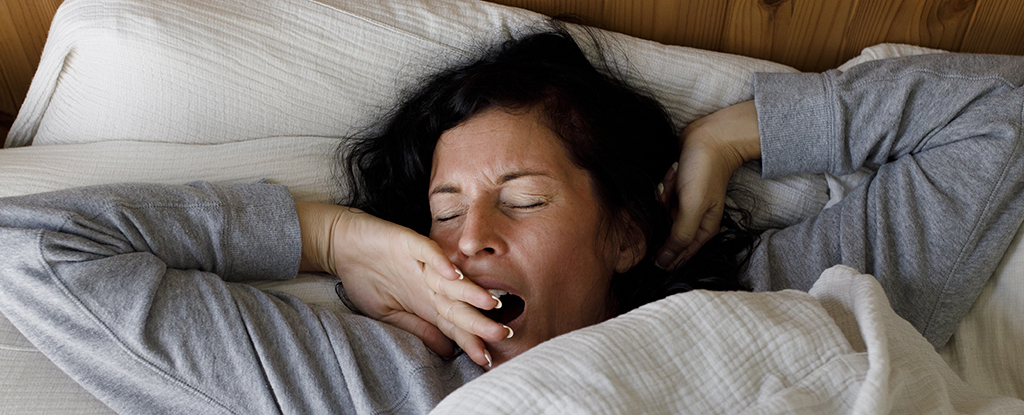There’s a problem for the roughly 1 in 10 people who regularly work night shifts, according to a new study: more than half of them have likely developed some kind of sleep disorder, such as insomnia.
A team of researchers from the Netherlands and Belgium collected work and sleep data from 37,662 individuals, splitting them into groups based on their day or night work schedule.
Six common sleep disorder categories were screened for in the surveys: insomnia, hypersomnia (excessive daytime sleepiness), parasomnia (abnormal movements or dreams), sleep-related breathing disorders, sleep-related movement disorders, and circadian rhythm sleep-wake disorders.
“We showed that compared to working regular shifts during daytime hours, working other shift types is associated with a higher occurrence of disordered sleep, particularly in rotating and regular night shift work,” says sleep scientist Marike Lancel, from the University of Groningen in the Netherlands.
“Of note, 51 percent of people working nights scored positive for at least one sleep disorder.”
More than a quarter of regular night shift workers – 26 percent – reported two or more sleep disorders. Across the entire study, with all working schedules combined, the number of people with at least one sleep disorder was around 1 in 3.
The team also did a breakdown of the results based on certain demographic factors. Sleep disorders were more common in women, for example, although men tended to sleep for fewer hours. Younger participants, aged 30 and below, were more likely to have sleep disorders, though it was older people who averaged less time asleep.
Education was factored in as well; it seems as though young, less well educated people are particularly vulnerable when it comes to disrupted sleeping and waking patterns having an association with sleep disorders.
“The effects of shift work on sleep are most prominent in young adults with a lower education,” says Lancel.
This is all based on self-reporting, not sleep analysis done in a lab. The data is from people who responded to a call-out in the newspaper, and doesn’t prove that night shift work is directly causing these health problems. However, the statistics do show a significant relationship between the two.
Working irregular hours, and especially at night, has already been linked to a host of health problems, including diabetes, cancer, and depression. And it’s obvious that working a night shift makes it hard to stick to a good sleep routine.
The researchers behind this study acknowledge how much modern society relies on night work, but are asking for employers to be more mindful of the health impacts – with tools and advice provided to deal with shift work as well as possible.
“Rotational shifts are generally advised, particularly fast-forward rotating work schedules, with the period of night work as short as possible and plenty of resting days in between to recover from the accumulated sleep deficit,” write the researchers in their published paper.
The research has been published in Frontiers in Psychiatry.





